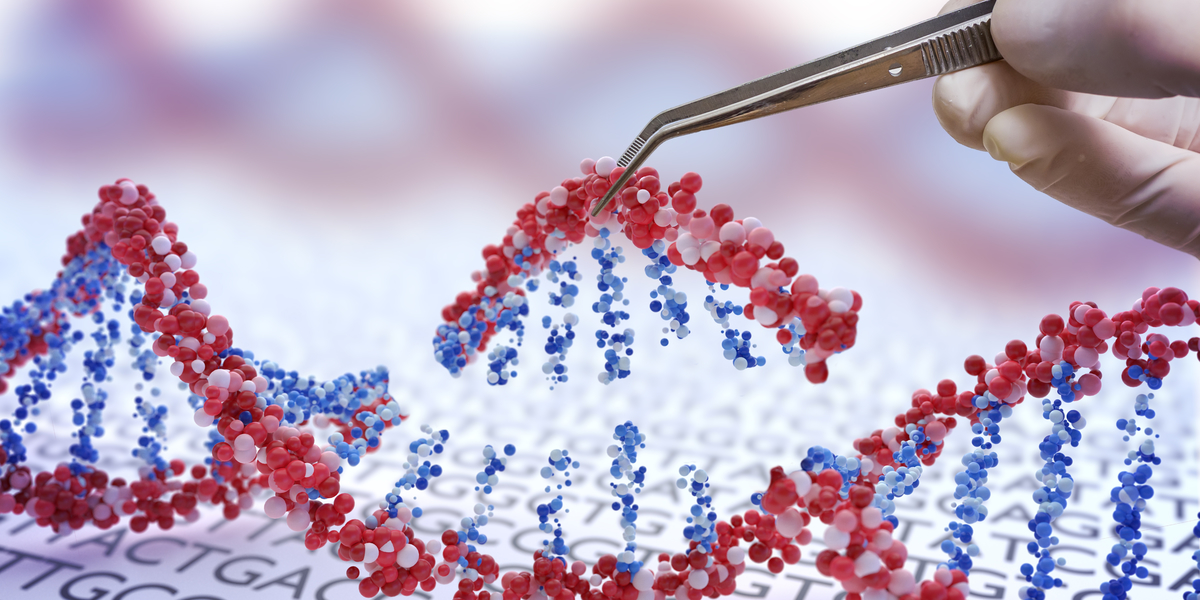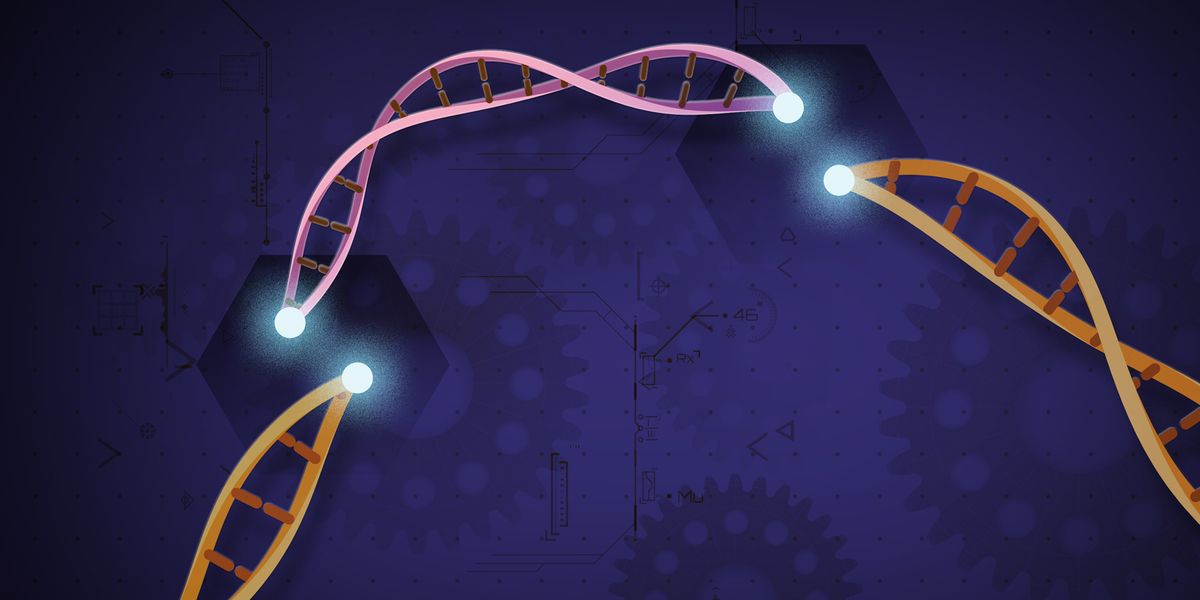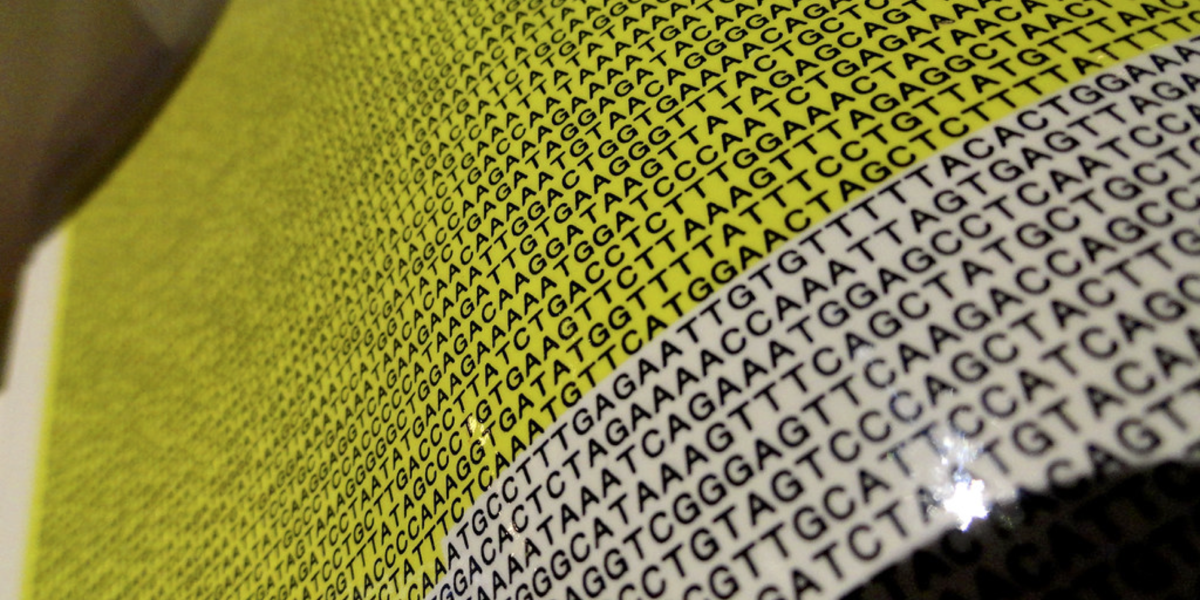
A new CRISPR-based technology, called RIDE, is a leap forward for this trail-blazing technology. With the precision of a scalpel sharp enough to rewrite the very code of life, researchers have used it with the hope of treating Huntington’s disease.

A CRISPR-based approach called “base editing” is being explored to develop a new potential treatment for Huntington's disease. Editing a single letter in the genetic code with base editing may be the key for delaying HD symptoms, maybe by a decade.

Casgevy is the first CRISPR-based drug to make its way through the approval process, all but curing Sickle Cell Disease and it’s paving the way for similar drugs targeting other diseases. Is Huntington’s disease next?

A new system has been developed that allows researchers to fine-tune gene expression with oral drugs, work that provides a powerful tool for gene editing.

A successful early trial of a drug for Familial Transthyretic Amyloidosis showed that CRISPR gene editing could be safely used in the human body. What does this mean for gene editing in HD?

A recent series of studies on the gene-editing method CRISPR have raised concerns about the suitability of this technology for the treatment of genetic illnesses such as Huntington's disease

A collaborative team of scientists from Canada and Japan have identified a small molecule which can change the CAG-repeat length in different lab models of Huntington's disease. #HuntingtonsDisease #DrugDiscovery

Scientists screen the ENTIRE genome to find new potential therapeutic targets for HD. This ambitious study provides a wealth of data for HD researchers

For the first time in HD research, an animal model has been created in pigs using 2 cutting edge DNA editing t